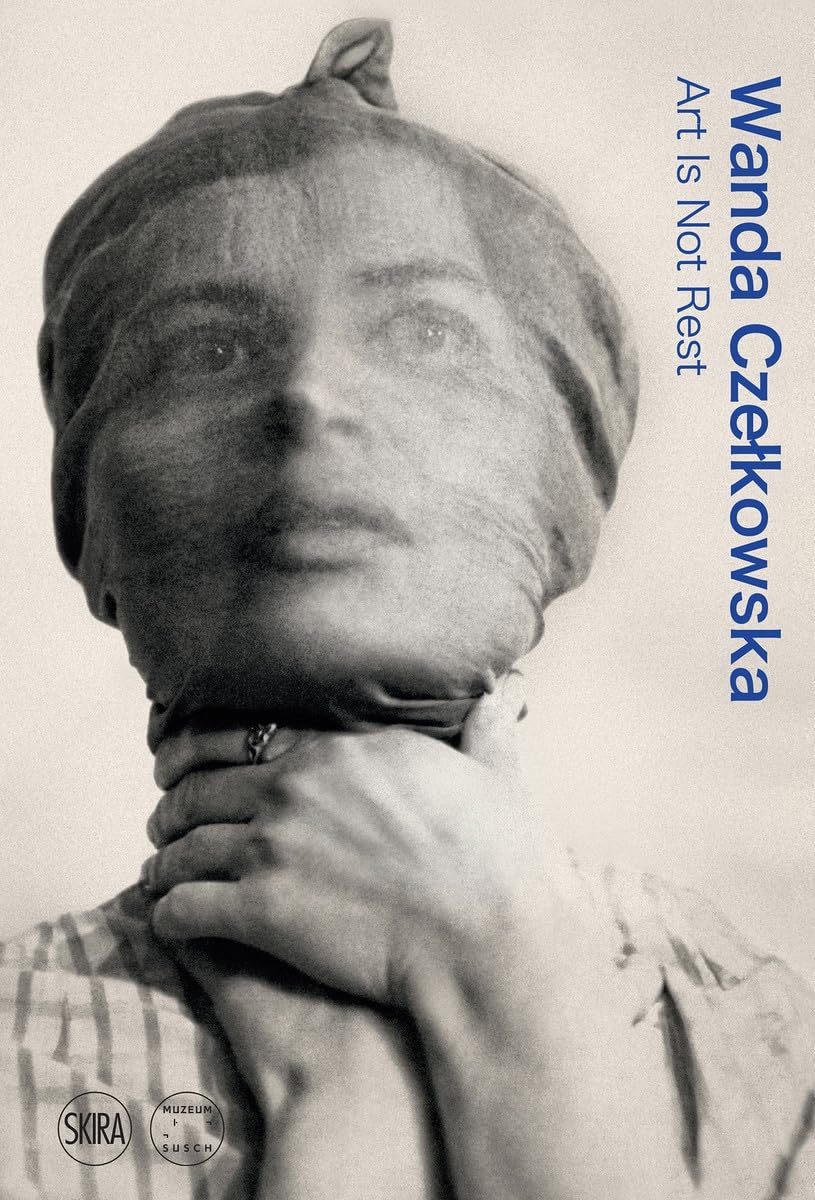
Categorii: Necatalogate, Neclasificat
Limba: Engleza
Data publicării: 2023
Editura: Skira
Tip copertă: Paperback
Nr Pag: 180
ISBN: 9788857249957
Dimensiuni: l: 16.5cm | H: 24cm | 2.3cm | 594g

A tribute to Wanda Czelkowska, one of the leading artists of the Polish avant-garde.
Wanda Czelkowska (1930-2021) was a key figure of the Polish avant-garde, whose oeuvre remained almost unnoticed by art history until recently. She started her career near the end of the 1950s in Kraków and played an important role in the development of conceptual art in Poland.
Member of the famous Grupa Krakowska - whose other fellows included: Tadeusz Kantor, Tadeusz Brzozowski, Jonasz Stern, Maria Jarema and Erna Rosenstein - she kept her independent voice and never fully committed to the artistic discourse and social life of the group. Those who knew her, often refer to her as someone who treads her own, separate path.
Unlike her contemporaries, Alina Szapocznikow and Magdalena Abakanowicz, her work remains largely unknown outside of Poland. This is despite her recent retrospective at Królikarnia (2016-2017), National Museum in Warsaw.
In this fully illustrated monograph, a wide range of authors from different generations and backgrounds contextualise Wanda Czelkowska's practice within post-war international discourses such as abstract and conceptual art, feminist practices, human body and its relation to space.
The list of authors includes Emilie Bouvard, Mathieu Copeland, Amelia Jones, Charlotte Matter, Abigail Solomon-Godeau, Agnieszka Tarasiuk, Matylda Taszycka and Sarah Wilson. These texts will be accompanied by a visual essay by Antonina Gugala. Her oeuvre was driven by a profound belief in the intelligence and authenticity of art, which led her beyond formal or political considerations: 'art uncovers truths of the world', she wrote in her notes. In this sense, the artist remained a worthy heir of avant-garde thought, never giving in to postmodern disillusion.